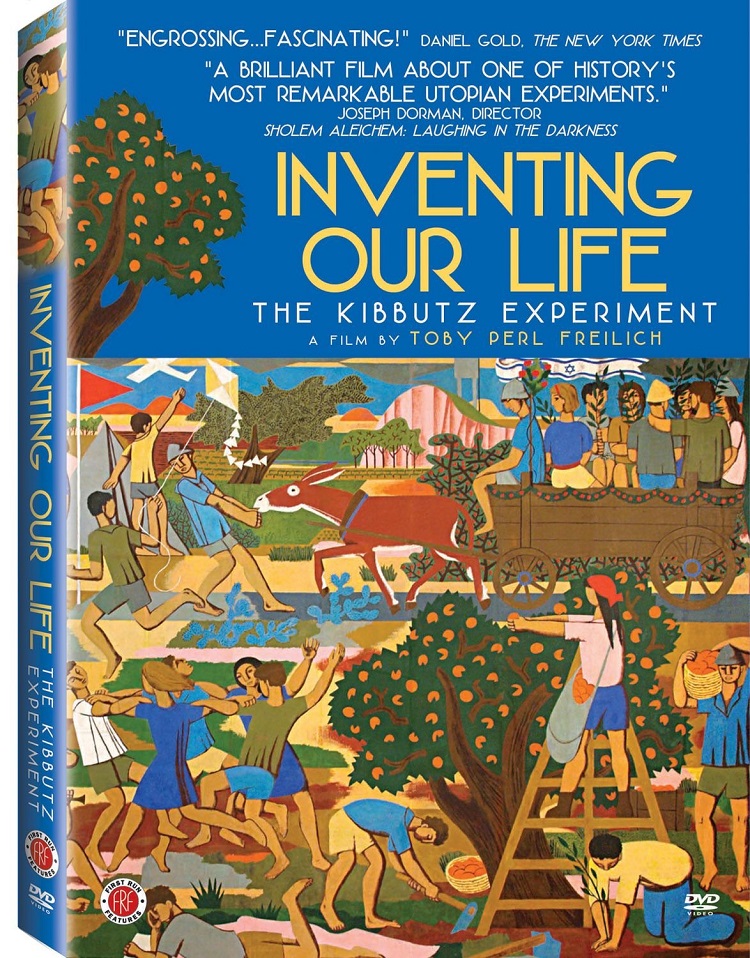
Written by Mike Bruno
As the invention of kibbutz breaches the 100-year mark, we find here a testament in film which coaleces the ideals and practices of a movement formed not only to unite a people, but find a world based in the communal way of life. Director Toby Perl Freilich reveals not only the history and philosophy behind kibbutz, but whether or not this experiment worked. All aspects are unearthed as the lens captures the true emotions of those who have chosen this life style.
Freilich weaves these images in a simple way using narration to build a frame or history of why these people came here and what kind of lives they were hoping to create. Black and white film flows along with more modern images giving the viewers a “now and then” feel to show what was and what achievements have been made since. Experiences from different generations bring out the positive and negative about kibbutz living and fill the frame as viewers come to understand what brought them here but what also keeps them on the kibbutz.
They all recognize their history as they try to cope with their future. Noga Avlagon, an architect and mother of two, believes that there is no other way to live but by kibbutz as does her husband Moshe, a software engineer who feels if he is rich, but someone else is not, then he too is a poor man as well. David Ben Avraham, a second-generation kibbutz, shares some of those ideals but none of his five children seem to. He boasts he was the first child born in his kibbutz but sadly states that none of his children stayed on to continue this grand experiment.
Though the film begins on the positive aspects, Freilich reveals the harsh reality of communal groups trying to stay alive in the “American” style of capitalism (their words–not mine) and how many of the later generations don’t stay on the kibbutz after getting a taste of the world outside. Those who stay have to work through the issues that their kibbutz is encountering while trying to maintain and stay true to the ideology of system. While older generations make the case that if it wasn’t for the kibbutz there would be no Israel, younger generations struggle to preserve a way of life they sincerely believe in.
Freilich brings all these stories into play opening up the viewer to decide if this experiment actually worked or not. Aliza Amir-Zohar, a first generation and one who helped settle this land, feels that though they made a heroic effort in the beginning, the dream seems to have been lost. Yet in the end, the viewer is left to decide whether or not this grand experiment worked, which makes for a very well put together documentary. Inventing Our Life: The Kibbutz Experiment opens on April 25, 2012, at New York’s Quad Cinema.